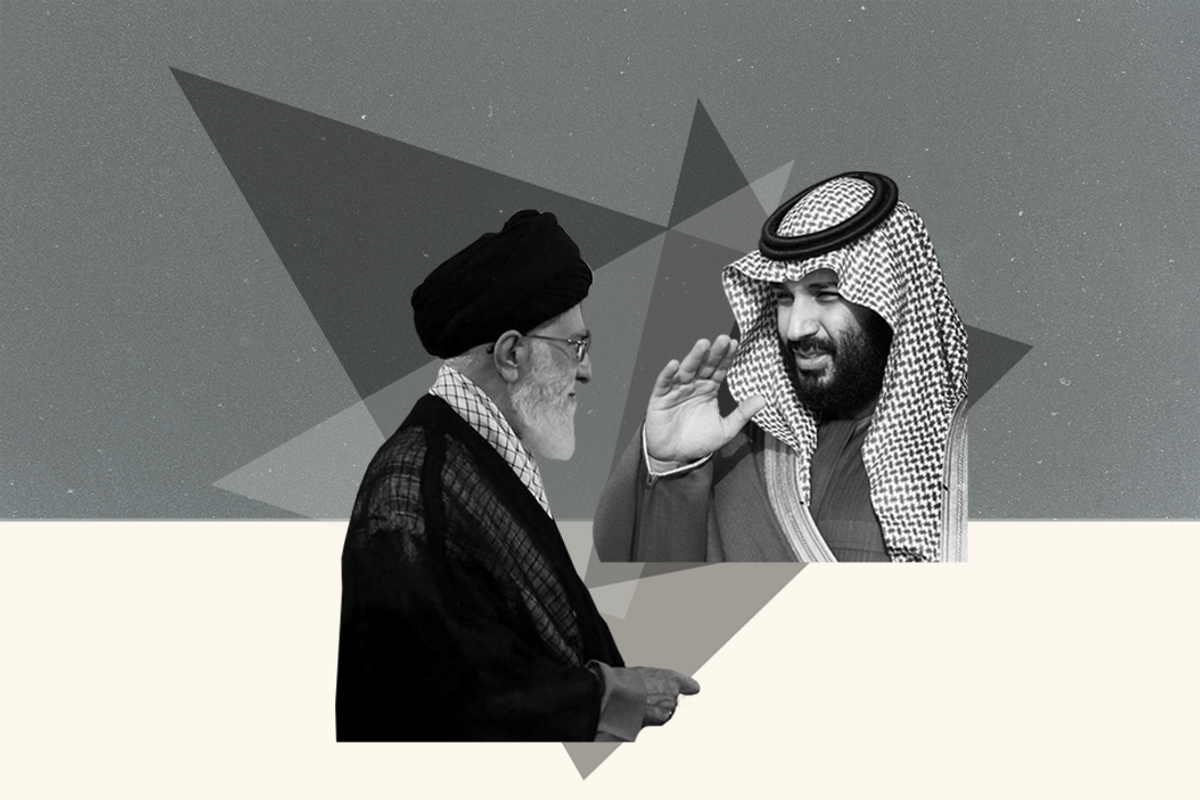
by Ishaal Zehra 1 November 2022
It’s probably time for Pakistan to reinvent its foreign policy on the lines of its own needs and national security – A view from Islamabad.
The world is going through the aftershocks of coronavirus pandemic, where the war in Ukraine has levelled up the misery. Deaths of thousands of humans, including children, in wars, from hunger, illness, and poisonous medicines, along with the deepening energy crises and the disruptive supply chains are resultant products of those policies of the power-seekers, whose costs are more apparent than their benefits.
Today, Europe, including Britain, is devastated, and have a palpable discontent over the US’s transatlantic leadership. The Washington’s Indo-Pacific strategy is also hopelessly adrift. As a result new ‘Power Centers’ are emerging away from the US, as also evident from OPEC’s clear rebuff to Washington, opines former Indian ambassador Bhadrakumar.
The Biden administration believes the Saudis, with OPEC+ oil production cuts of 2.0 million barrels per day (equivalent to about 1.5% of the global oil supply) have sent a political message that the bloc is rejecting the concept of Western-imposed price caps. In fact, the timing of the cuts—to take effect November 1—one week ahead of the US midterm elections, besides reflecting the willingness of the Saudi Kingdom to jab at Biden, also echoes a conscious decision to actively support Moscow by increasing its capital from oil sales. For the US, it is a signal that the members of OPEC do not want a close partnership with Washington on issues of energy and economics, and seemingly want to tow their own policy on geopolitics.
It’s no secret that Biden wants oil prices -the main driver of inflation- to fall ahead of the midterm elections in November. His administration, therefore, plans to release 15 million barrels from US Strategic Petroleum Reserves and may consider significantly more this winter. But ultimately those emergency reserves needs to be filled back. As media suggests, the US administration plans to refill the oil reserves when West Texas Intermediate crude prices reach between $67 and $72 per barrel. The question is how. Experts believe that besides OPEC countries, both Iran and Venezuela have spare oil capacity to fill in the vacuum, however the implied sanctions limit their markets.
Barring a surprise, the nuclear talks with Iran are already under negotiation while the US administration prepares to scale down sanctions on Venezuelan President Chevron, allowing him to resume pumping in exchange for a move toward elections in 2024. It is calculated that lifting economic sanctions on Iran and Venezuela could free up more than a million barrels of oil a day, which could help lowering the market oil prices. Alternately, Iran’s return to the oil market and their economic periphery would also make up for the humiliating blow that Washington’s Gulf partners dealt on it. Of course in doing so, the US will irk Saudi Arabia further.
It would be practical to expect that Washington will be less consultative with Saudi Arabia on areas of shared interest going forward. It appears that the best way to respond to Saudi Arabia’s not-so-subtle behavior, in view of US congressmen, would be to pull out of the military collaboration with the Saudi regime, which is far more extensive than many realize. Notably, Saudi Arabia is hugely dependent on America’s defence assistance, purchasing the vast majority of its arms from the United States, which cannot be substituted unless Riyadh wishes to partner with Russia, Iran, or China.
Consequently, a legislation has been introduced in the US Congress to withdraw US troops and missile defence systems from Saudi Arabia and the UAE. The NOPEC legislation would result in lawsuits against OPEC countries, which might again hit hard the already precarious US-Saudi relations, likely triggering even more significant production cuts. However, the NOPEC is not happening anytime soon as the US lawmakers are scrambling before their midterm elections that will determine control of the House and Senate next year.
On one hand, if Saudi-US relations nosedive further, Riyadh would want peace with Iran as a priority for regional stability and peace. It may land in the China-Iran-Russia camp for regional support against the US. On the other hand, Washington too would like to entice Iran into a deal as the Biden Administration still sees the JCPOA as the best way to prevent Iran from acquiring a nuclear weapon, as well as for the reason that the loss of 2 million bpd of OPEC+ cartel oil could be more or less offset with Iranian oil.
Iran’s oil exports have already increased by almost 40% despite sanctions, and the country is all set to double its oil exports. Hence, one should expect Tehran to likely keep pushing ahead with the deal, not only to reap the economic benefits that will come from the lifting of sanctions and the unfreezing of hefty assets, but to change the conversation and focus away from its response to the local protests too.
Interestingly, all of this commotion at the realm of affairs serve a perfect opportunity for Pakistan to reinvent its foreign policy on the lines of its own needs and national security, especially after how it has been barely assisted in its fight against the disastrous calamities by the world at large. It’s probably time to take Pakistan’s relationship with Iran to a friendlier stratum, particularly when Islamabad is already weighing in to buy Russian oil, somewhat opposing the US strategy of punishing Russia through isolation. This could be a win-win scenario for Islamabad no matter how things take shape at global level.
Ishaal Zehra, an MS scholar based in Islamabad, writes on regional security, politics, and strategic affairs with a special focus on South Asia, Central Asia, and Indian Ocean regions.
